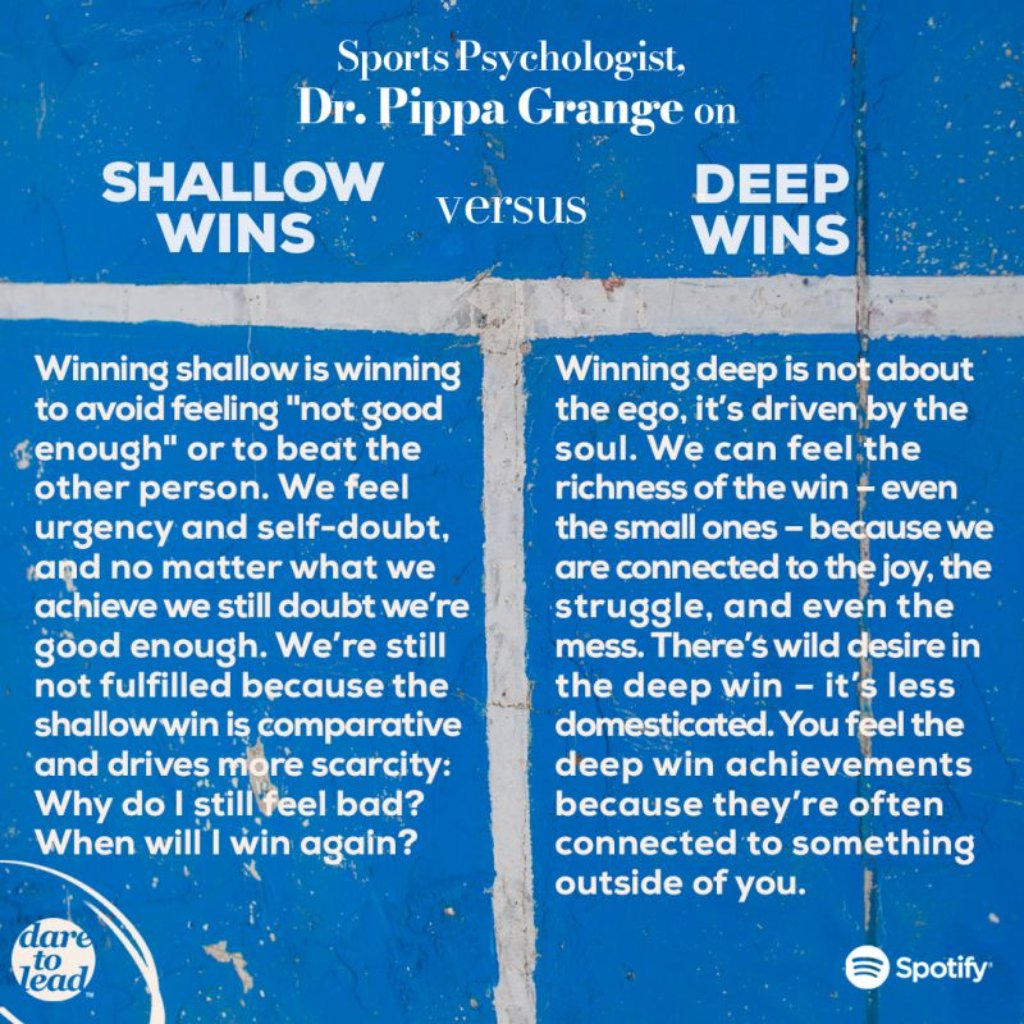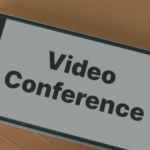The phrase “water cooler moments” is used as a short-cut, catch-all phrase to represent the casual camaraderie we look for in our workplaces. These are characterised by serendipitous feel-good banter, and more personal types of casual discussions around daily news,
Size matters
Usually a water cooler group would be limited to small number of colleagues with access to said water dispenser. Physical space also contributes to reducing the number. During lockdown many are trying to recreate the same atmosphere on social media. But those water cooler moments now have the potential to reach the same number of people as a small town, not just a bunch of assorted co-workers from down the hall or the next pod.
Think of those implications, especially when there is much misinformation and controversy in our world.
Misinformation can fall into a number of categories
1. Harmless mis-information
There was a relatively harmless, but still incorrect piece of misinformation doing the rounds on LinkedIn last week. I saw it about 20 times. It is a genuine photo of the late Prince Philip in ceremonial dress and the Queen giggling. This was taken shortly before a ceremonial review of the Grenadier Guards at Windsor Castle, by Chris Young of The Associated Press in 2003.
The photograph is genuine, but the claim that Philip was “pranking” the queen by disguising himself as a palace guard is inaccurate. The reality was as the late Prince was preparing to escort the queen to the ceremony but the attendees were attacked by a swarm of bees.
Commentators who flagged up the inaccuracy were castigated for spoiling a “good story” and if that doesn’t reflect a need for escapism, nothing will.
2. Misleading misinformation from “Gooroos”
This happens in any recession. I see this in my sector of recruitment and career transition frequently, and I’m sure it applies to other areas too.
It tends to fall into 3 categories
✅ Ignorance: Individuals repeat information that is factually inaccurate because they don’t know any better. They genuinely don’t understand that what they are saying is confusing, misleading and even damaging.
Check out their credentials before buying into what they are sharing. Sometimes they have even researched a topic, but now it’s hard to distinguish fake news from reality from a Google search. Both fake and real news get ranked.
✅ Opinion: These are individuals quite often already in a sector but are looking for higher visibility. They make categoric, sometimes contentious statements which they present as fact, so it’s important to check whose fact it is.
Of course, people can have different approaches but their point of view should be clearly labelled as opinion not a fact.
✅ Deliberate: this is designed deliberately for some sort of gain financial or self-promotion, and taps into people’s lack of understanding of specialist topics. I saw twice last week two different people suggesting that a Career Summary on a resumé is now outdated.
Who says this? And Why?
Taking a guess, both parties offer low-budget CV review and writing services. Clearly if they can cut out one of the most difficult and time-consuming pieces of the project by calling it “old fashioned,” they can increase their margins.
3. Harmful controversy
This covers all the elements of incivility, click bait posts on sensitive issues, targeted harassment, fake news, trolling, bullying and other inappropriate behaviour.
They can be profoundly damaging to the target and the general community. If any post fuels the spread of fake news, it can have an even wider negative impact. All of these incidents should be reported.
Motivation
At the root is intention. We have to ask why we are posting and examine our motivation. Some of it is about the infamous dopamine hit cited by Simon Sinek as we get recognition and attention.
It brings into question the question of “fake vulnerability” that Brené Brown talks about. This image from Sports Psychologist Pippa Grange resonated around shallow and deep wins. The common element is that it is generally self not other centred.
The question is whether to call it out. Frequently, most people don’t have the time or energy to engage. We roll our eyes way back in our heads and move on. If we see something that doesn’t warrant reporting, it can be important that people step up to flag up at least some of it before it becomes the next “truth”. This should of course be done in a constructive way without reverting to ad hominem comments. A good example of this is Amy Miller, a US based Tech Recruiter, who campaigns effectively to debunk misleading myths around ATS.
We need more than ever conscious thought before we post any content to foster those online water cooler moments. They could potentially be more damaging than beneficial.
If you need support strengthening your talent pipeline – get in touch NOW







